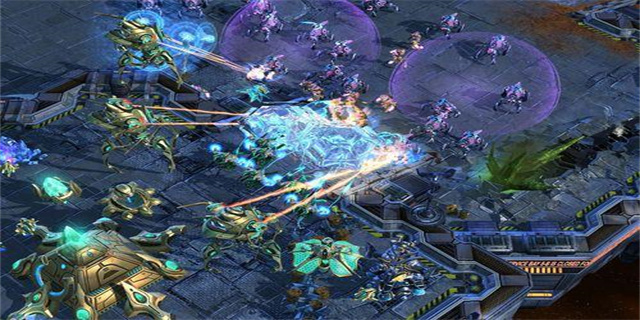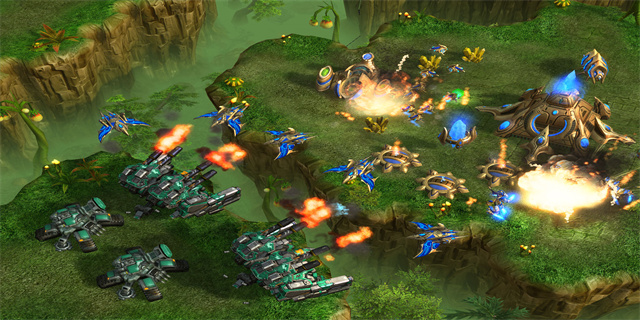The Dawn of the New Era
Introduction: The dawn of the new millennium marked a watershed moment in human history. As the world bid farewell to the 20th century and embraced the 21st century, the global community brimmed with hope, anticipation, and uncertainties. The turn of the millennium symbolized a new beginning, offering endless possibilities and challenges for humanity to explore and conquer.
A World Transformed by Technology
The Technological Revolution: The new millennium heralded an unprecedented wave of technological advancements that have transformed the world we live in. The rapid proliferation of the internet, mobile devices, and the emergence of social media platforms revolutionized communication, commerce, and social interactions. These innovations have bridged distances, connected people across borders, and opened up a world of information at our fingertips. With technology at our disposal, the millennial generation witnessed a paradigm shift in how we perceive and interact with the world around us.
The Impact on Society: As technology became more accessible and integrated into everyday life, its impact on society became increasingly profound. The advent of social media platforms, such as Facebook, Twitter, and Instagram, ushered in a new era of connectivity, enabling instant global communication and social networking. This interconnectedness has transcended boundaries and fostered a sense of a global community, presenting opportunities for collaboration, cultural exchange, and awareness of global issues. However, as society became more reliant on technology, concerns regarding privacy, cyberbullying, and addiction also emerged, forcing us to grapple with the consequences of our digitally connected world.

The Pursuit of Progress and Challenges Ahead
Economic Transformations: The dawn of the millennium brought about significant changes in global economies. The rise of emerging markets, such as China and India, propelled economic growth and reshaped the global balance of power. Technological advancements fueled innovation and automation, creating new industries and transforming traditional job markets. However, this progress was not without challenges. The increasing income inequality, job displacement, and the digital divide highlighted the need for a comprehensive approach to ensure that the benefits of progress were shared equitably among all segments of society.
The Climate Crisis: As we entered the new millennium, the growing concern over climate change became a rallying cry for global action. The scientific consensus on the detrimental effects of human activities on our planet prompted urgent calls for sustainability and environmental protection. The millennial generation bore witness to the rise of the green movement, with renewable energy, conservation efforts, and sustainable practices gaining momentum. However, combating climate change required substantial cooperation, policy changes, and collective responsibility to ensure a habitable planet for future generations.

Conclusion
In the first two decades of the new millennium, humanity witnessed remarkable progress and faced unprecedented challenges. The integration of technology into our daily lives has revolutionized the way we work, communicate, and live. The pursuit of progress has fueled economic growth, transformed societies, and brought about opportunities for global collaboration and change. However, these advancements have also unearthed ethical, social, and environmental challenges that demand our attention and collective action. As we move forward into an uncertain future, it is imperative that we find a balance between embracing innovation and addressing the consequences for the betterment of humanity and our planet.




















